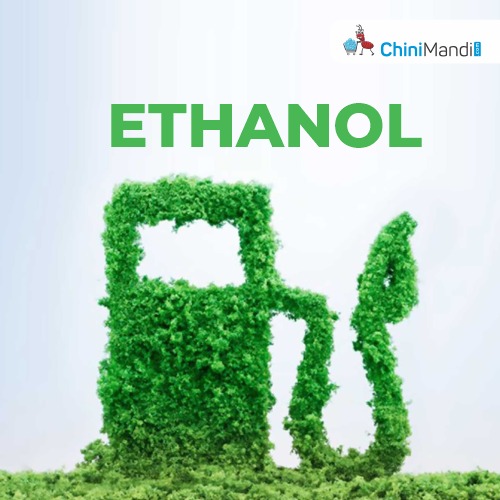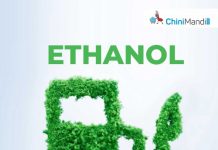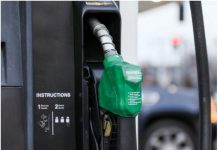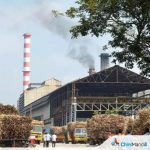In a move to reduce vehicle emissions and support its climate goals, Vietnam will make the use of E10 biofuel mandatory across the country starting January 1, 2026. The Ministry of Industry and Trade announced that the transition will begin with a pilot project in Ho Chi Minh City from August 1, 2025, reported Saigon News.
The plan is part of Vietnam’s broader commitment to achieve carbon neutrality by 2050. The Ministry’s Department of Innovation, Green Transformation, and Industrial Promotion is leading the policy development. Deputy Director Dao Duy Anh said the shift to E10 is essential in the country’s path to cleaner energy. “This is a necessary step toward a greener future and more efficient use of resources,” he said in an interview with SGGP Newspaper.
Although biofuel policies are not new in Vietnam, past efforts had limited impact. In 2012, the government issued an initial plan for fuel blending, but the adoption of ethanol remained slow, resulting in underused production capacity.
As per the news report by Saigon News, currently, Vietnam has six ethanol plants with a total capacity of about 500,000 cubic meters per year. However, only two are operating, producing around 100,000 cubic meters annually. With the new E10 mandate, the demand is expected to rise to between 1.2 million and 1.5 million cubic meters per year. To meet this, the country will initially rely on imports while working to restart idle plants and build new ones.
As part of this transition, Petrolimex plans to kick off pilot blending and supplying E10 in Ho Chi Minh City starting August 1, 2025.
Deputy Director Dao said the success of the program depends on strong cooperation across sectors. “Everyone, from policymakers to fuel suppliers and consumers, needs to play a part in making this work,” he said. He added that the government is preparing policies to support ethanol producers through incentives, new technologies, and better management to reduce costs and improve competitiveness.
He also highlighted the need to improve infrastructure, including storage, transport, and distribution systems. Public awareness campaigns will be launched to inform citizens about the benefits of biofuels.
Tests and real-world use in Vietnam and other countries have shown that E10 fuel does not harm engines or reduce their lifespan. Authorities hope this will help ease concerns and encourage people to switch.
“This transition is not just about energy,” Dao said. “It’s about protecting our environment and securing a healthier future for everyone.”
With the nationwide switch to E10 just over a year away, Vietnam is gearing up for one of its most significant moves toward sustainable transport.

















